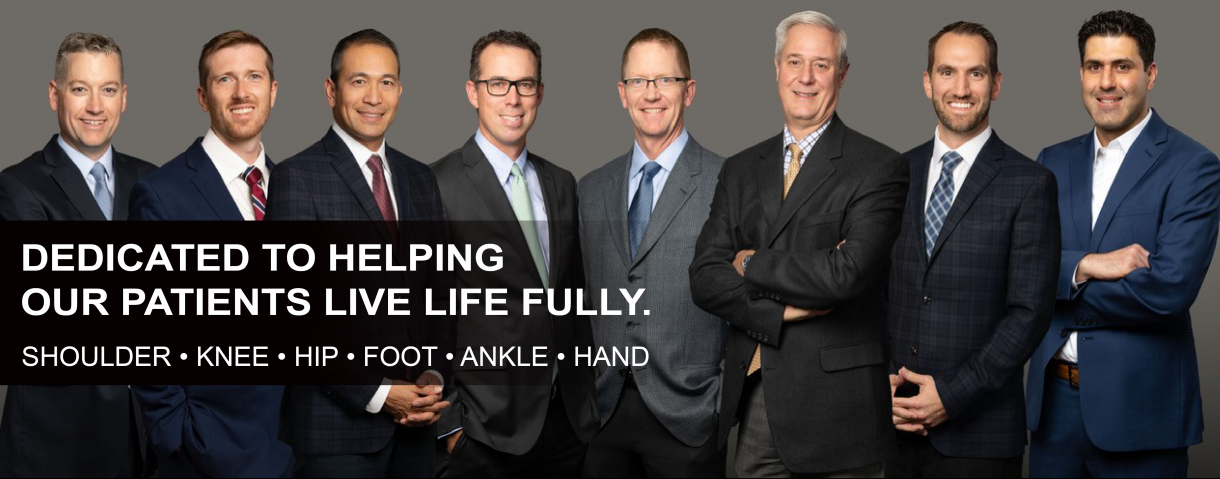Is Immediate Surgery Better For Patients With Acute Achilles Tendon Rupture?
New Study Claims That Surgery Within 48 Hours After Injury Results In Positive Outcomes In the world of sports and fitness, an Achilles Tendon Rupture (ATR) is a fairly common occurrence. And every athlete or individual who has ever experienced a rupture or a tear in their Achilles, that sound can stick in your mind for years. While many patients are able to recover with non-surgical treatments, sometimes surgery is unavoidable. However, a recent study concludes that surgery within 48 hours of the injury actually improves recovery results when compared to surgeries performed 48 hours after the injury occurs. Could this new study foster a shift in the ways in which ATR injuries are treated by orthopedics? Maybe! And if so, we may have a more viable solution to repairing the Achilles Tendon of athletes and individuals for years to come.
How Was The Study Conducted?
The study was conducted by medical and research doctors through the Integrative Orthopedic Laboratory, Department of Molecular Medicine and Surgery, at the Karolinska Institute in Stockholm, Sweden. It was published just last month by the American Journal of Sports Medicine. The study was written to determine whether or not a delayed TTS (Time To Surgery) had any impact on patient outcome or adverse effects after the surgical repair of acute ATR. Conducted retrospectively, researchers looked at over two hundred patients with ATR who were treated with a uniform procedure including both an anesthetic and an identical surgical
technique within 10 days of their injury. The sample size was divided into three groups; patients who received surgery in less than 48 hours after their injury, patients who had received surgery between 48 and 72 hours after their injury, and patients who had received surgery more than 72 hours after their injury.
The Results
The research team discovered that seventy-one percent of patients with short TTS (less than 48 hours) experienced a more positive outcome when compared to the 44% of those with a long TTS. The difference between the two outcomes was also found to be statistically significant, compelling researchers to hypothesize that the shorter TTS could be responsible for as more beneficial outcome for patients. In addition, those patients who had a shorter TTS were also shown to have less adverse effects following their surgery.
A New Solution?
So, does this study mean that immediate surgery is required to ensure a seamless recovery from acute ATR? Not necessarily, but the evidence is certainly compelling and brings up important questions in how we treat ATR. More research will likely be conducted to determine the efficacy of this study, in addition to the possibility for replication. However, it may be safe to conclude that the shorter TTS a patient has before their ATR surgery, the more likely it is that they will experience a positive recovery with less adverse effects.
What do you think? Have you experienced this type of surgery before? How long was your Time To Surgery? Be sure to comment below and share your story!







Leave a Reply